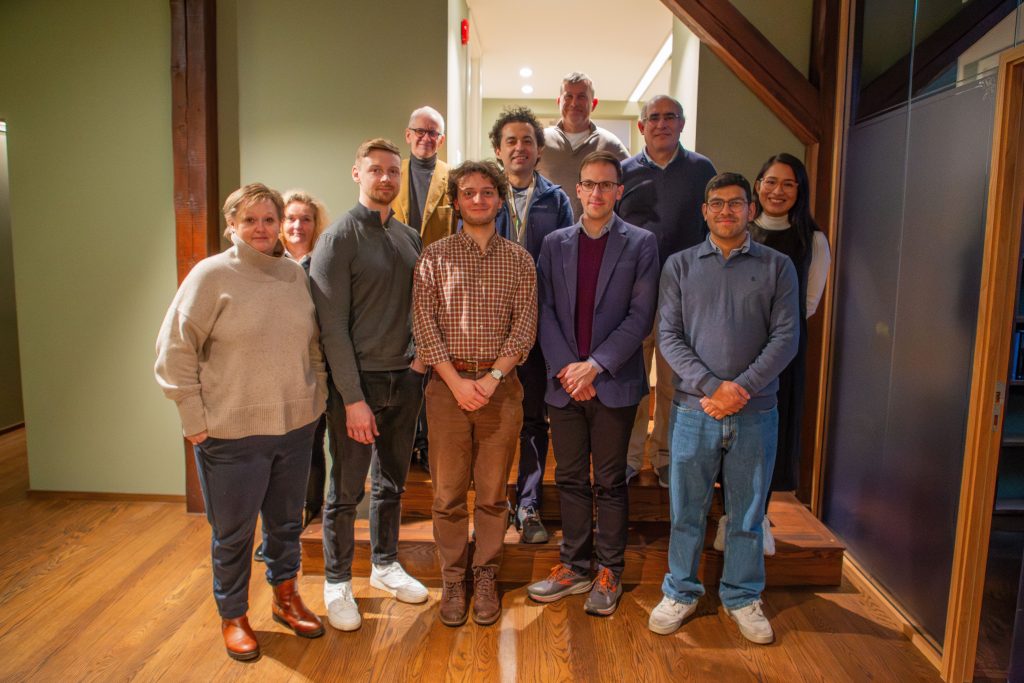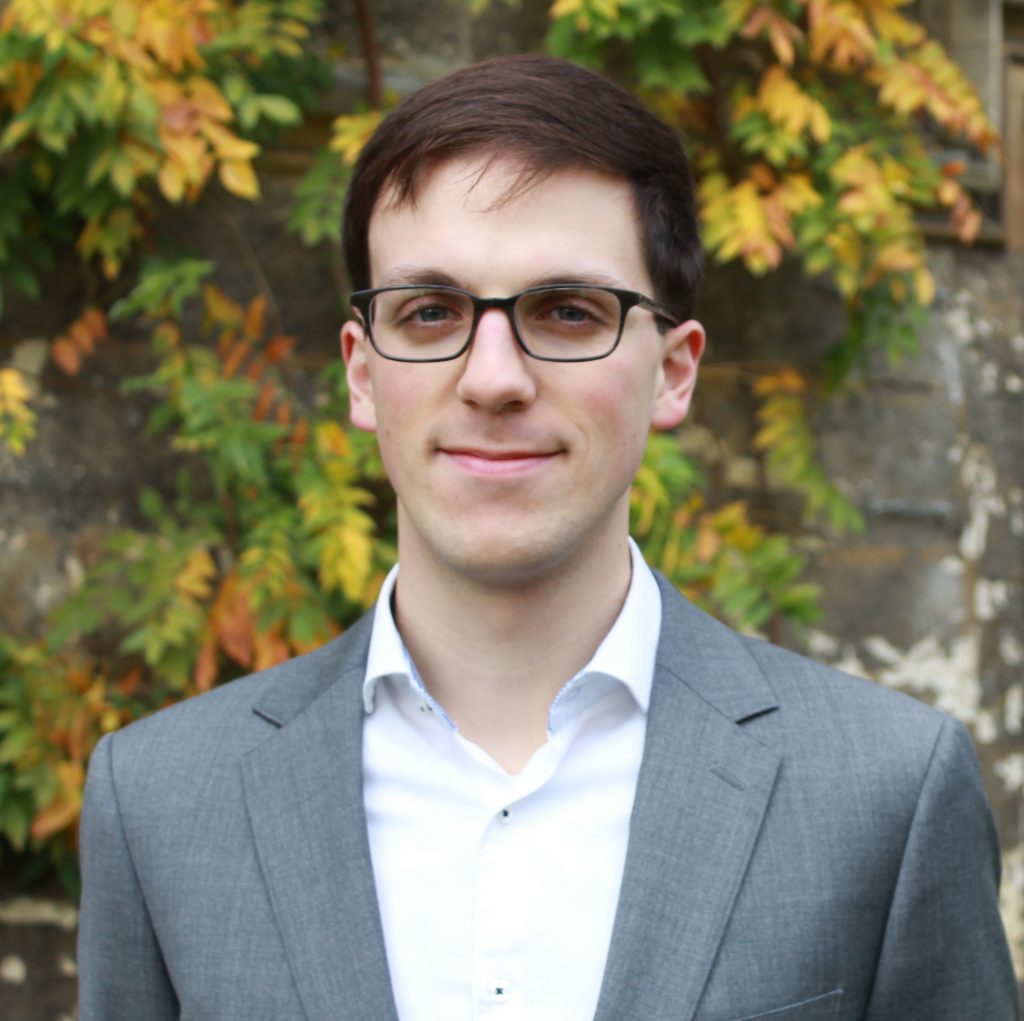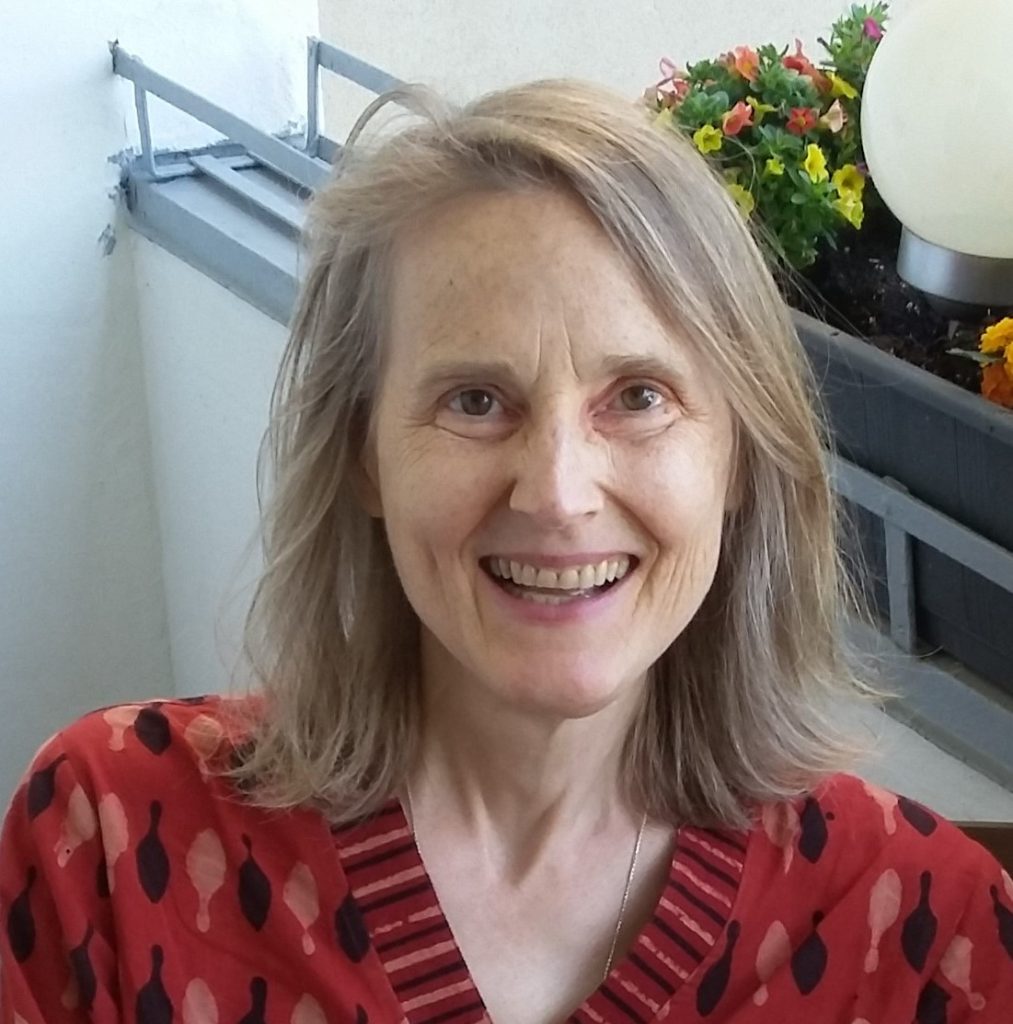Workshop on Indigenous Peoples & Pandemics 4 December 2025

Participants: Svenn-Erik Mamelund, Hampton Gaddy, Diego Ramiro Farinas, Jonas Wangsmo, Ole Georg Moseng, Vibeke Nyborg Narverud, Benjamin Schneider, Elienai Damas, Gerardo Chowel, Vera Østensen, Uddhav Khakurel (Photo: Helene Ramnæs)
On 4th of December, we held a small, policy-relevant workshop to present findings from our Short-Term residential fellowship at CAS (November-December 2025) and to celebrate the 5-year anniversary of the Centre for Research on Pandemics & Society (PANSOC).
Program for the workshop on Indigenous Peoples & Pandemics: Data Completeness & Vaccine Access Disparities, Turret room at https://cas-nor.no/, Drammensveien 78, 0271 Oslo.
12:00-12:45 Lunch at Home Hotel Gabelshus | Oslo | Strawberry, Gabels gate 16, 0272, Oslo – a 5 minutes walk from CAS.
13:00-13:10 Svenn-Erik Mamelund (OsloMet), Welcome remarks
13:10-13:30 Diego Ramiro Fariñas (CSIC, Madrid), 5-year anniversary of the Centre for Research on Pandemics & Society (PANSOC): Impact on science and policy
13:30-14:15 Damas/Chowell (Georgia State University), Differential timing of COVID-19 vaccine rollouts across Mexican municipalities. Discussant: Diego Ramiro Fariñas
14:15-14:45 Coffee Break
14:45-15:30 Hampton Gaddy (LSE), Completeness of mortality data at the time of the 1918-20 influenza pandemic in Alaska. Discussant: Diego Ramiro Fariñas
15:30-16:00 Future collaborations
16:00-17:30: Coffee Break, socializing etc., read e-mails, check social media.
17:30- Dinner will be served in the Turret room at https://cas-nor.no/





